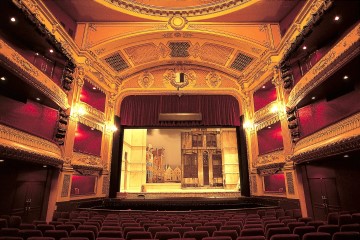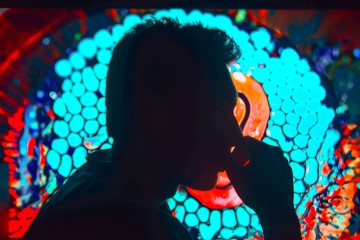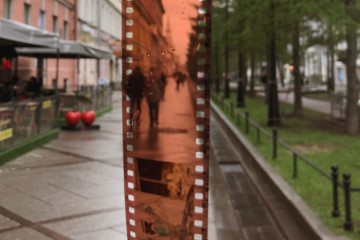Global and Transnational Histories and Cultures
Our researchers believe that the world is best understood from an expansive global perspective.
They examine the multiple forms of contact and exchange between countries and societies throughout human history.
The study of the origins, development and consequences of global connections is an integral part of the research agenda of departments across the Faculty of Arts, from History to Film and Television Studies to the Institute of Global Sustainable Development. Researchers in the faculty explore the movement of peoples, ideas, languages and goods across the globe. They seek to understand how local contexts shape global processes and networks, and use digital research methods for analysis and visualisation (as in Classics and Ancient History’s global ancient history platform, Oiko).
History Department
The Global History and Culture Centre has been at the forefront of global history since the centre’s founding in 2007. Its members are drawn from History and other departments across the university and have held grants from the European Research Council, the Arts and Humanities Research Council and other funding bodies. The research interests of the Centre’s members – which include trade, migration, science and technology, and histories of the colonial and post-colonial world - span the globe and incorporate nearly every region of the world.
English and Comparative Literature Studies
Researchers in global literary studies examine world literature from a variety of different viewpoints including colonial and post-colonial studies encompassing much of the Global South, American Studies, and British and European literature. Collectively, they seek to examine the nature of theories of literary connections that join together different corners of the world in a context of global inequality.
School of Modern Languages and Cultures
Work is underway to investigate the ways in which cultural history, memory, literature and identity operate across the globe to create communities and networks. This is particularly pronounced in studies of the links within and between Hispanic, Lusophone, Anglophone and Francophone cultures.
The Centre for the Study of the Renaissance
The interdisciplinary study of the Renaissance has been a strong feature of the Faculty since the appointment of John Hale (1923-1999) as the founding professor of History in 1964. The Centre for the Study of the Renaissance currently has over forty members drawn from the academic staff of the departments of Classics, English & Comparative Literature, History, History of Art, Theatre and Performance Studies, the School of Modern Languages & Cultures, and the School of Cross-Faculty Studies. Thematically, the CSR promotes research in religious, political and social history; manuscript studies, print culture and the history of the book; early modern thought and intellectual culture; early modern theatre and performance, and the visual arts and the world of artisans. Expertise is particularly strong for Italy and England, but also takes in France, Spain, the Holy Roman Empire, and the Low Countries.
Making an impact...
Dr Robert Fletcher’s (History and the Global History and Culture Centre) 'War of the Locust' project uses the history of British efforts to control locust populations across the imperial world in an effort to encourage public debate about the boundaries between science, politics and culture. Public engagement activities have been organised with the National Museum of Wales and the Natural History Museum. The project team is also helping shape international locust control policy through collaborative work with the United Nations Food and Agricultural Organisation. Data gathered by the project can be used by UNFAO to broaden the base of its forecasts, and to provide a historical comparison of anti-locust campaigns in order to help inform and assess efficacy of current efforts. This offers an innovative interdisciplinary approach to understanding issues relating to food security as affected by climate change and invasive species.
Find out more about this theme in the History of Art and Film and Television Studies departments.
Global and Transnational Histories and Cultures relates to our research themes of Histories, Creativity and Theory, Understanding the Human, Ethics, Rights and Social Justice and Understanding the Role and Function of Organisations and Markets.









